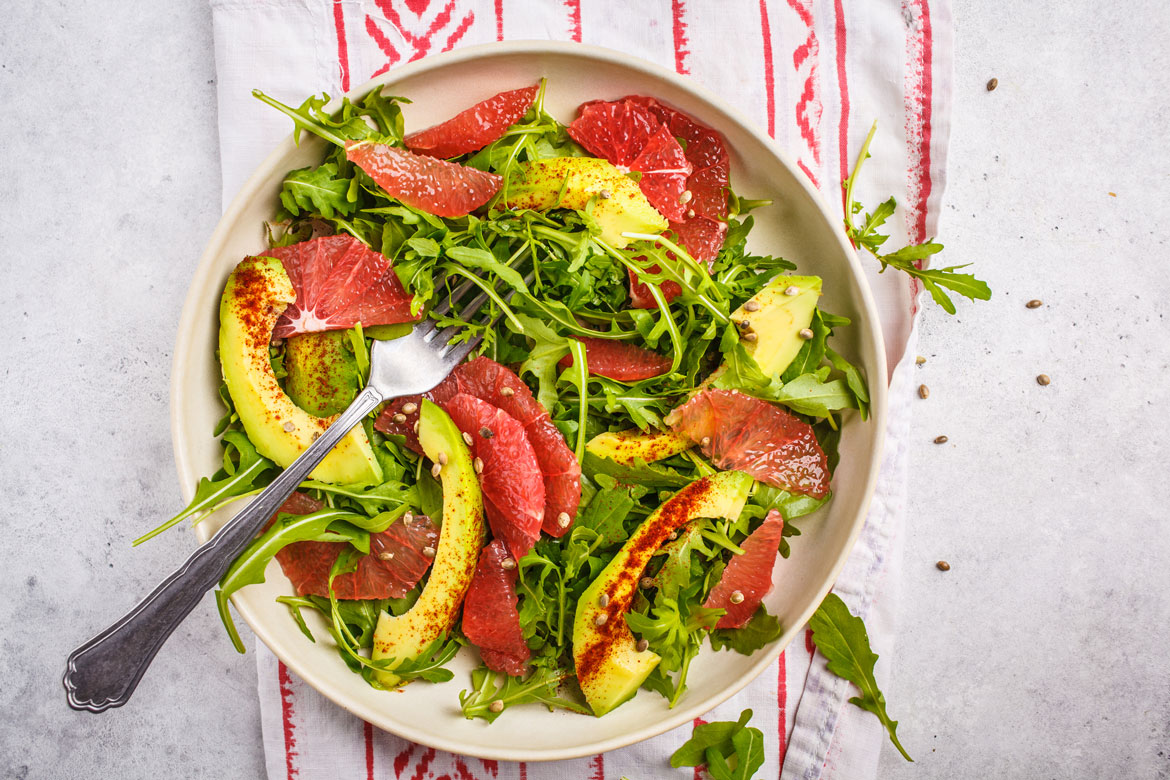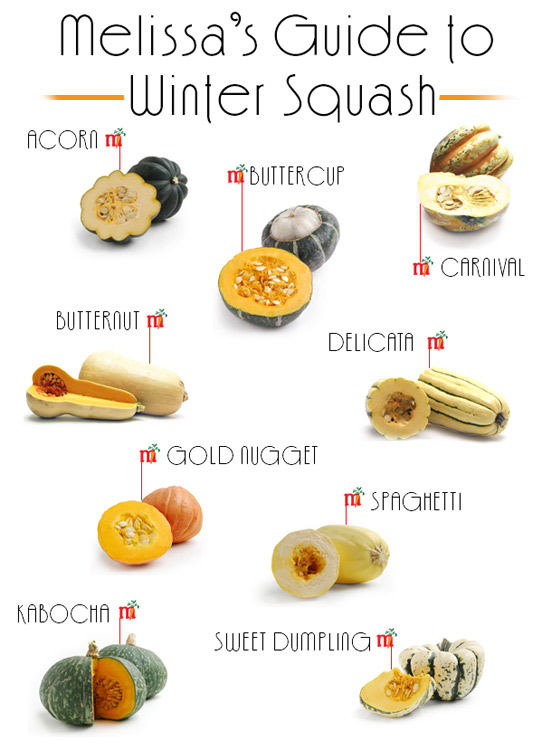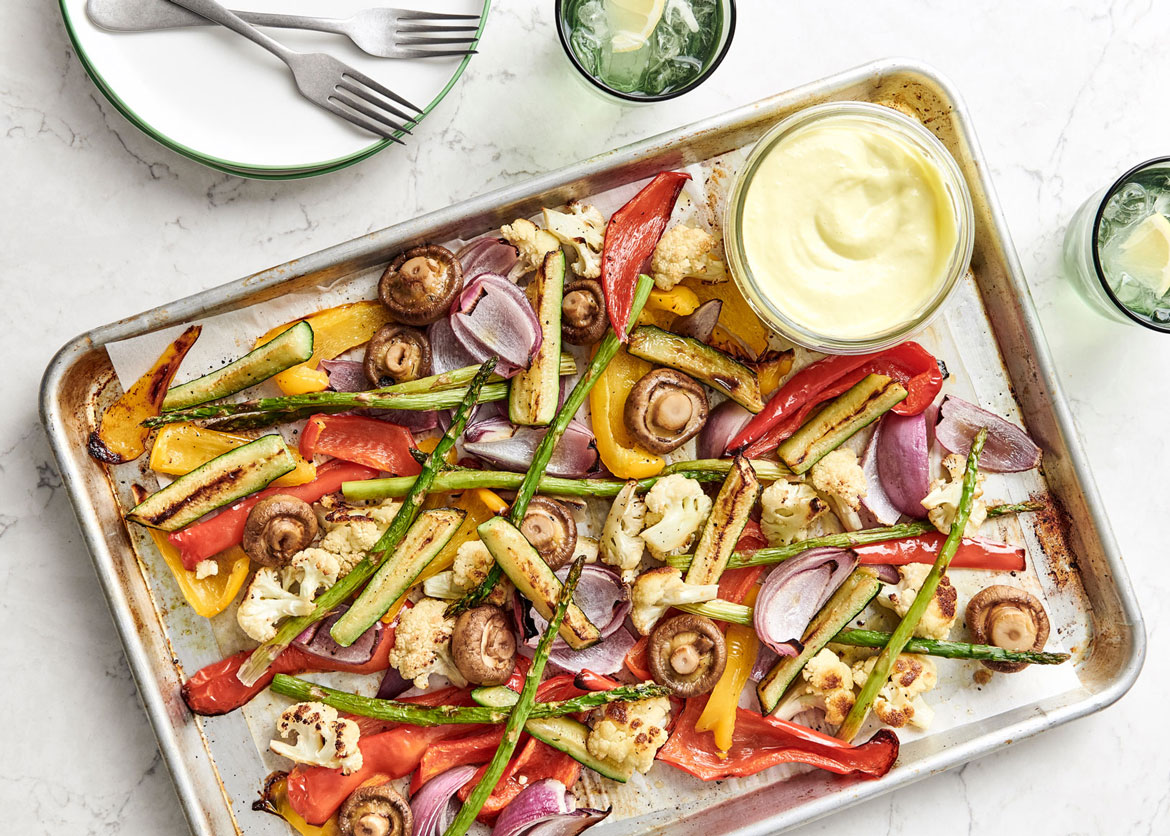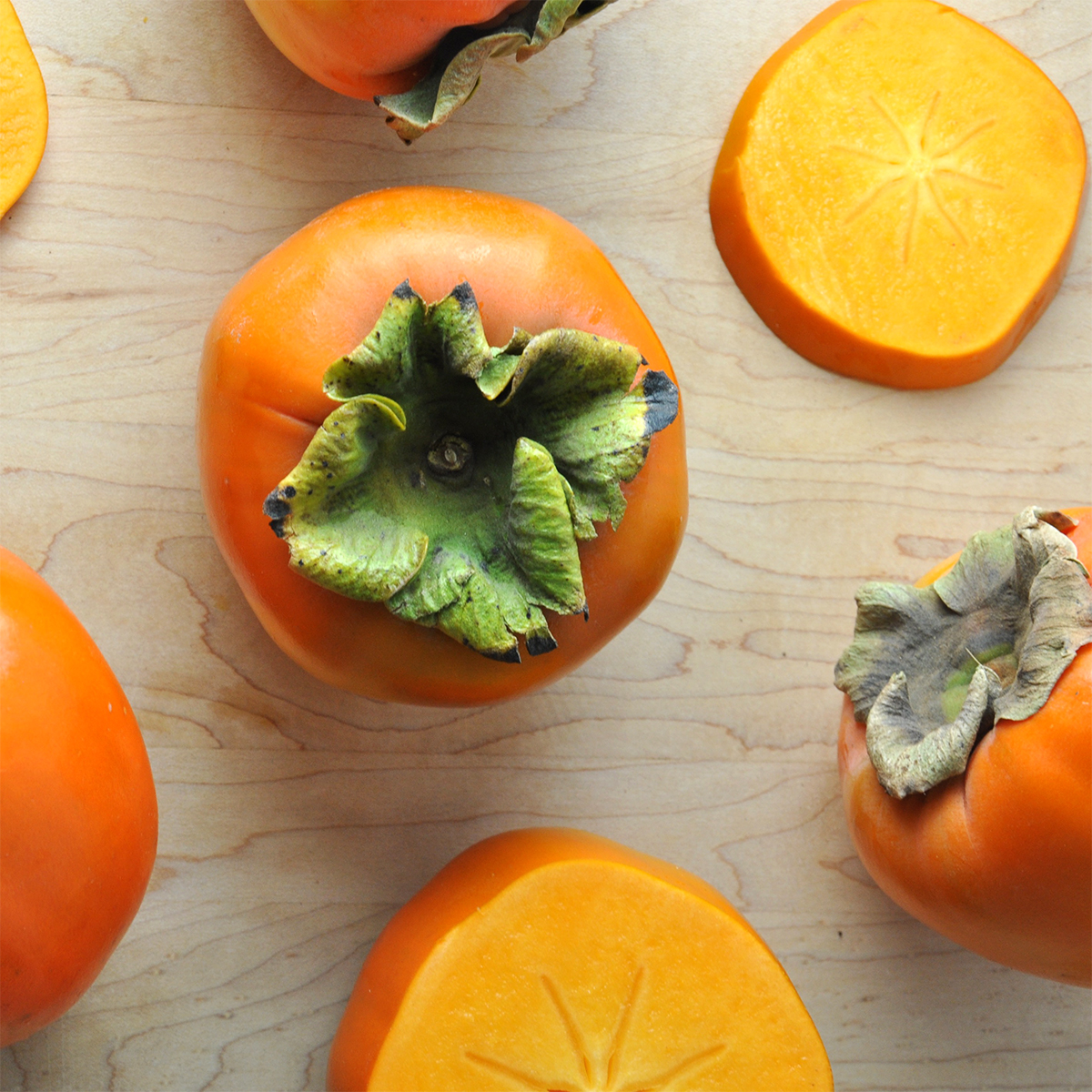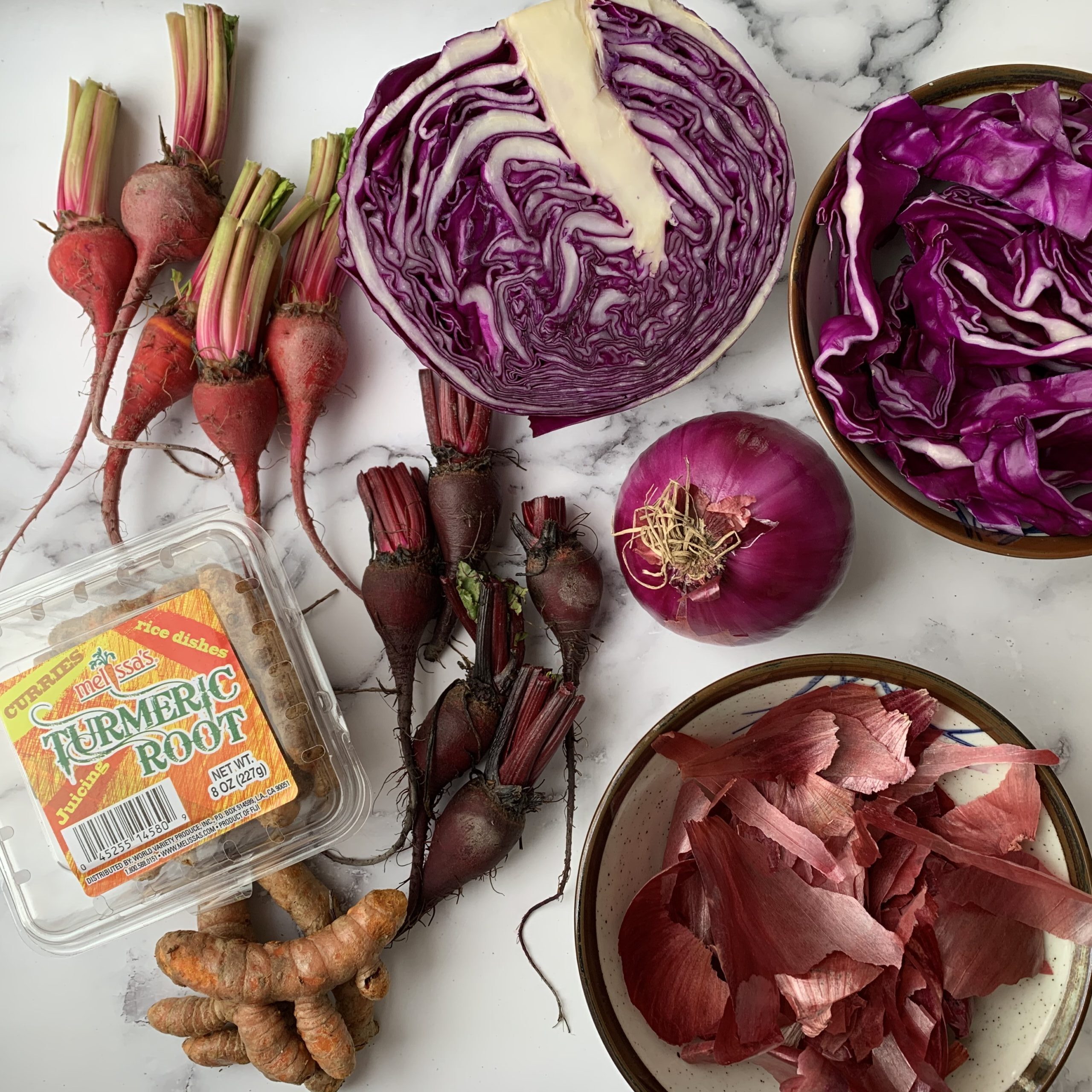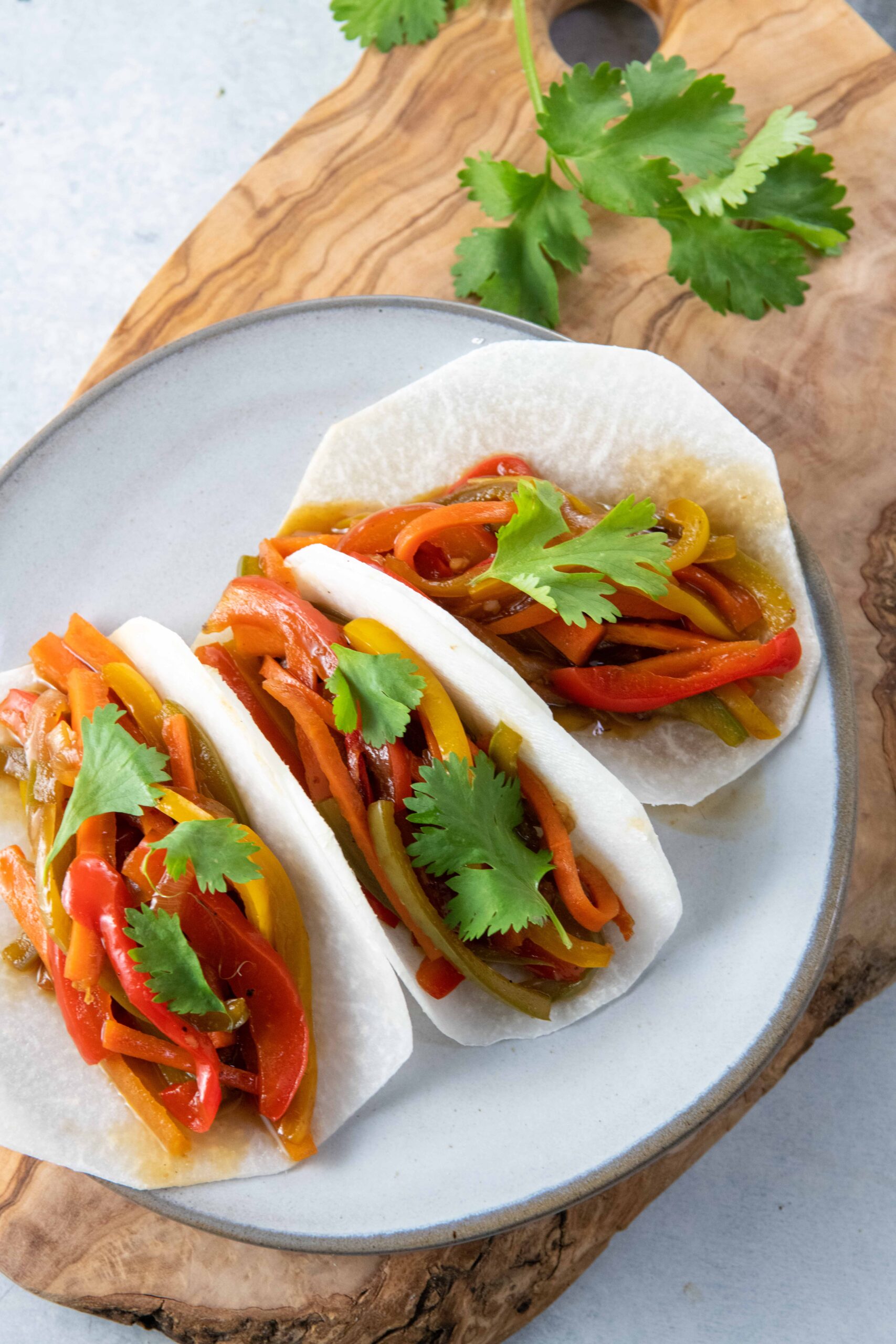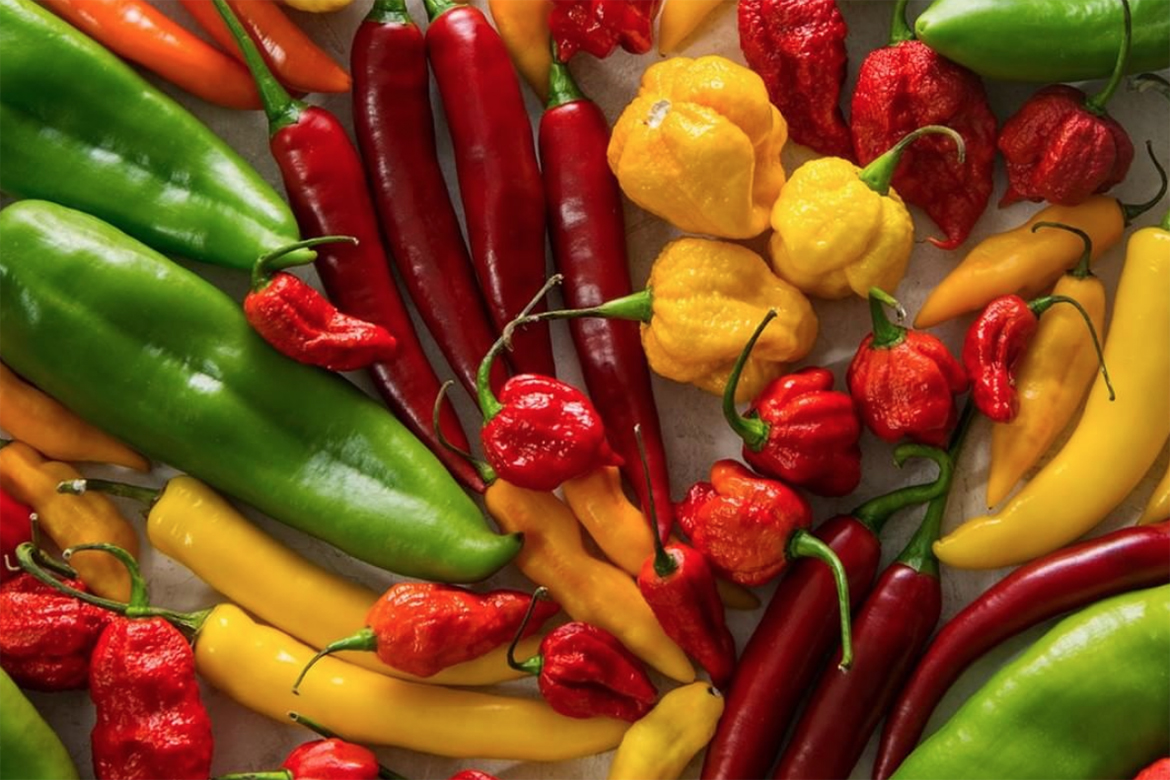
Welcome to the wonderful world of chiles and peppers. Some may like them hot. Others may like them super hot. One of the earliest grown crops, chiles originated from Mesoamerica, a region ranging from Central Mexico to Central America. After they were introduced to the rest of the New World, chiles have become an integral part of many cuisines. With thousands of varieties in different shapes, colors, pungency and taste, there’s a chile out there for everyone. Although commonly associated with heat, chiles are so much more than that. Depending on the variety, different varieties can range in flavor profiles from zippy to acidic to citrusy. In this chile pepper guide, we’re exploring some of the most popular and commonly available fresh chiles and peppers you can find today.
But before we begin, let’s talk a little more about heat. Chiles contain a compound called capsaicin, which is located in their pith and seeds and gives them their spiciness. We measure heat through Scoville Heat Units or SHU for short. The higher the SHU, the hotter the chile. Some chiles are nonexistent or mellow in heat such as bell peppers at 0 SHU and Padron chiles at 100 to 1,000 SHU. Others can fall into the extremely hot category such as bhut jolokias at 575,000 to a whopping 1 million SHU! Now that you have an idea of how to determine the heat level of chiles and peppers, which one of these chiles do you dare to try?
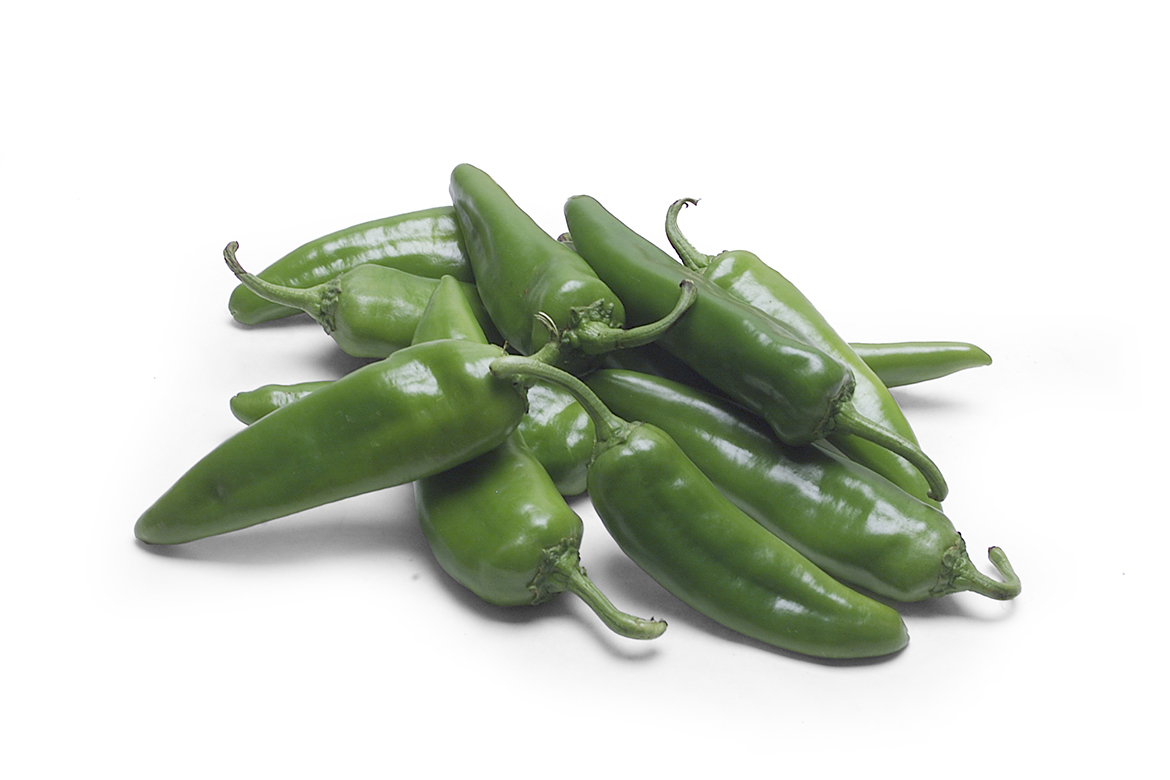 Anaheim Chiles
Anaheim Chiles
Let’s walk on the mild side first. After all, some may like their chiles hot but there’s also a time and place for milder varieties like Anaheim chiles. Anaheim chiles are a bit sweet and yield a 500 to 2,500 SHU range. Their color can vary from pale to medium green. These chiles are popular in a variety of Latin and Southwestern cuisines and in recipes that call for chiles with less heat. You may recognize them in salsas and the widely beloved, classic Chile Rellenos. Anaheim chiles also pair nicely with both fresh and aged cheeses, poultry, pork, eggs and black beans.
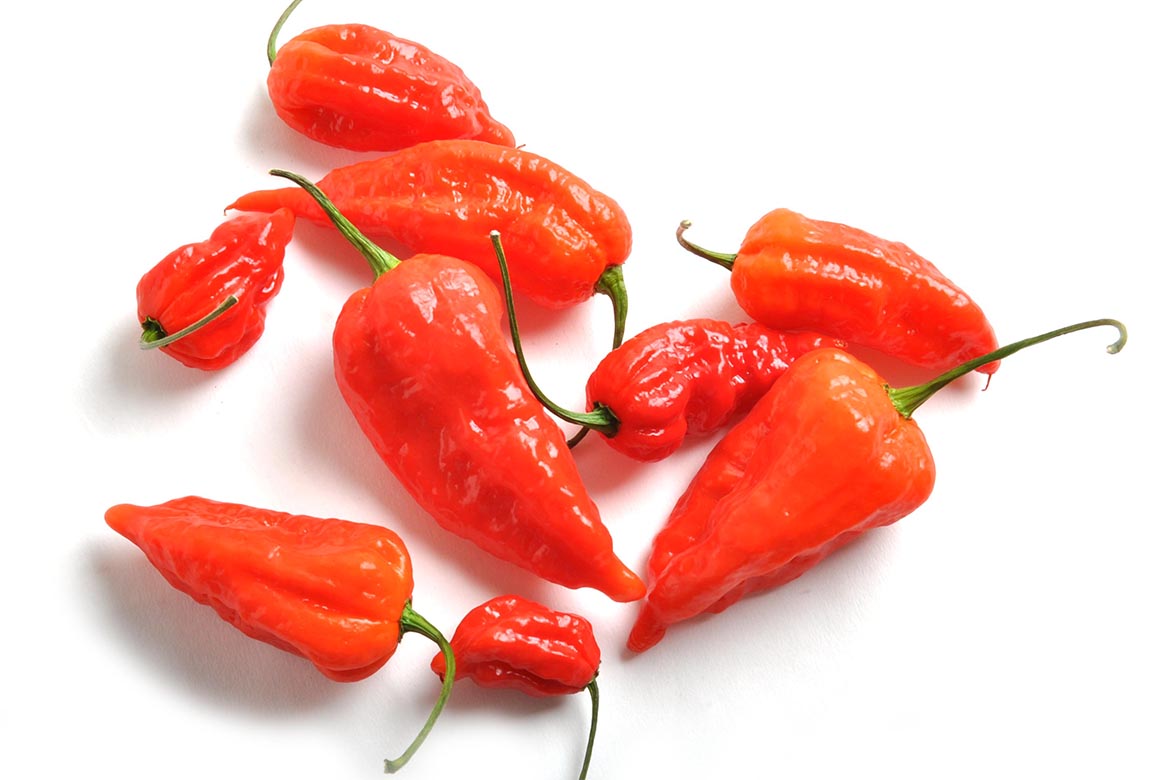 Bhut Jolokia Chiles
Bhut Jolokia Chiles
Would you dare to try one of the hottest chiles on the planet? The rockstar of the chile world, this chile is so insanely hot you must handle them with rubber gloves. You may recognize bhut jolokia chiles by its more common name: ghost peppers. A taste of this pepper can be deceiving at first. Its sweet, fruity flavor will hit you upon the first bite but will soon follow up with an intense, overpowering heat within minutes. It scores about a 575,000 to 1 million SHU compared to the jalapeno’s range of 7,000 to 11,000. However, you can still use these chiles in a variety of ways given that you handle them with some serious care. In fact, of the most delicious hot sauces and seasonings feature bhut jolokia chiles!
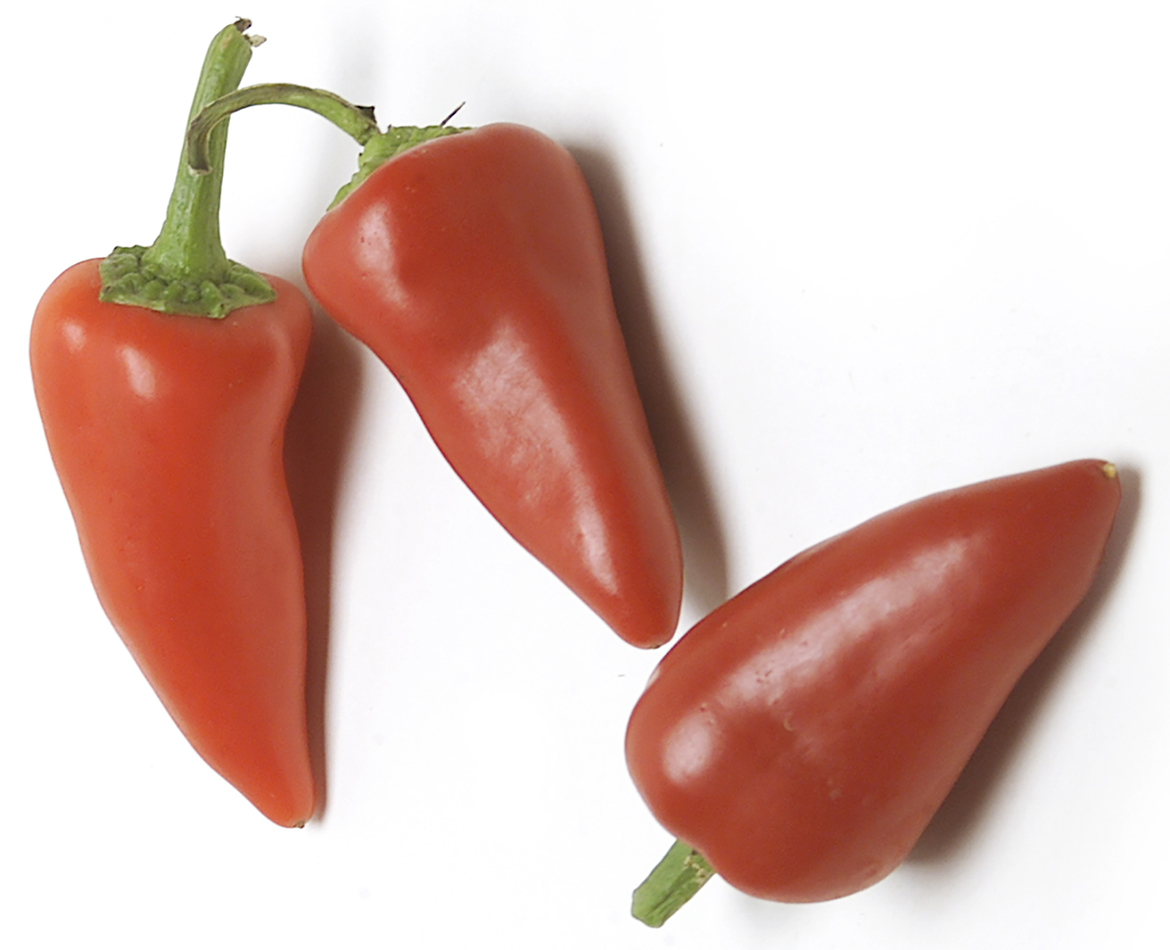 Red Fresno Chiles
Red Fresno Chiles
A doppelganger of the common jalapeno chile, Red Fresno Chiles are easily mistaken for red jalapenos. However, look a little closer and you’ll notice they’re wider with thinner walls. Red Fresno chiles also have the potential to be hotter than jalapenos with a SHU rating of 2,500 to 10,000. However, this still puts them at the mild to medium heat level. Fresno chiles change from bright green to orange to red and progressively get hotter as they mature. The red variety boasts a complex smokey and sweet fruity flavor and are much loved by chile-heads. Red Fresno chiles are a popular ingredient in ceviches, salsas, relishes, sauces and marinades. In addition, their large, wide size also makes them great for stuffing with meat, rice, seafood and cheese.
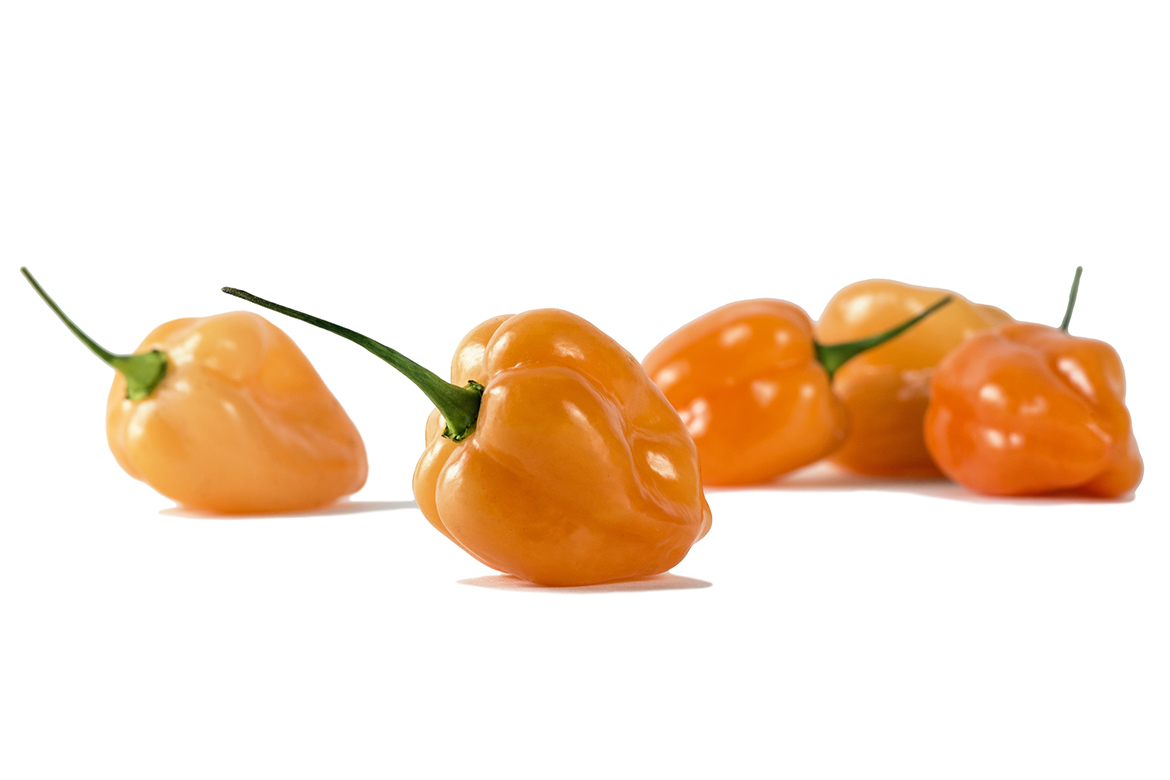 Habanero Chiles
Habanero Chiles
This lantern-shaped chile may look adorable but don’t be fooled by its petite appearance. Habaneros are still one of the hotter varieties in the chile world. 30 to 50 times hotter than jalapenos, to be exact at 100,000 to 200,000 SHU! They range in color from dark green to orange and orange-red to red. The fiery, intense heat they bring melds beautifully with tomatoes and other sweet fruits such as mangoes. You can use them sparingly in sauces, salsas, chutneys and stews. Or you can add some serious heat to meat dishes such as jerk chicken. Just remember, a little bit of habaneros go a long way!
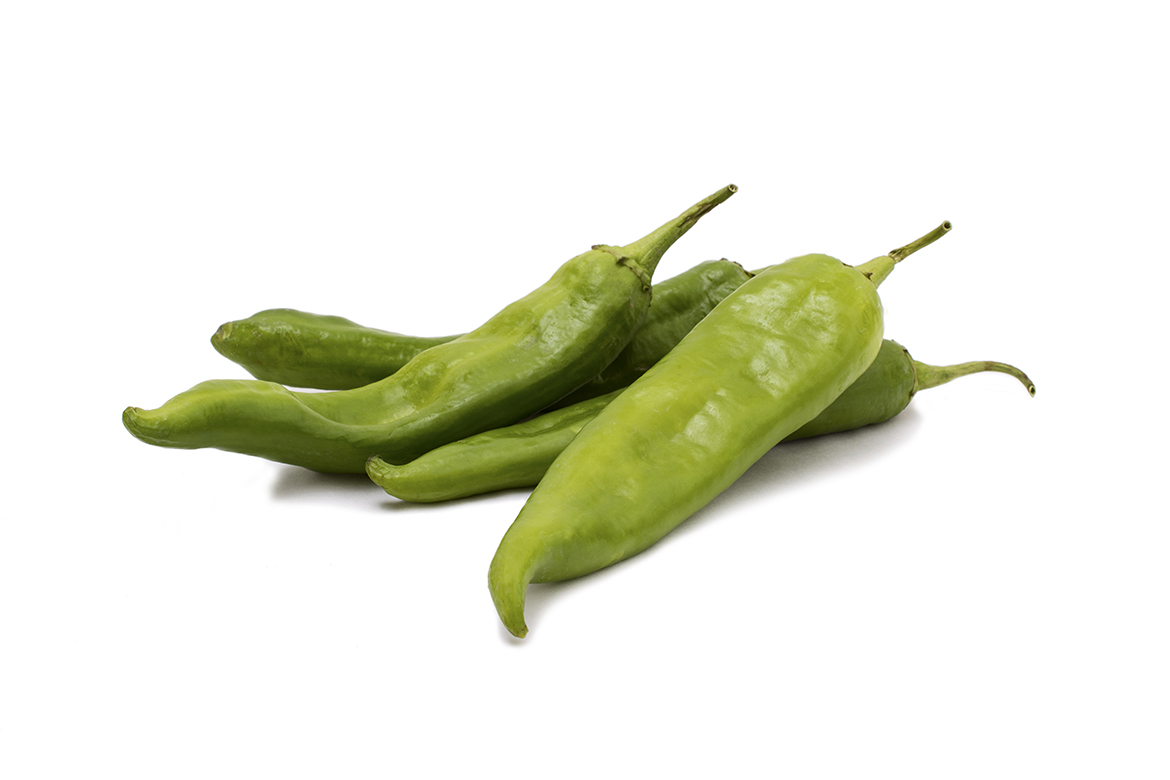 Hatch Chiles
Hatch Chiles
No other chile inspires quite as much frenzy as Hatch chiles when their season rolls around. A Southwestern cult classic, Hatch chiles hail from their original growing area in Hatch, New Mexico. The unique region of the Mesilla Valley offers an intense sunlight by day and a still coolness by night, resulting in a chile flavored unlike any other. Hatch Chiles are bright and peppery-tasting with a citrusy finish. They can vary in heat level from mild to very hot with a SHU range from 250 to 30,000. This beloved chile is an amazing ingredient in a variety of dishes from soups to sauces, appetizers to main dishes and even desserts. Don’t believe us? These Hatch Chocolate Chip Cookies will change your mind.
Hatch Chiles are only available for a couple of short months from August to September. You can find them at our upcoming annual Hatch Chile Roasts which we do every year. Get your bulk of chiles roasted at any of our roasting locations and enjoy them fresh in your favorite recipes. Freeze any leftover chiles to use the rest of the year.
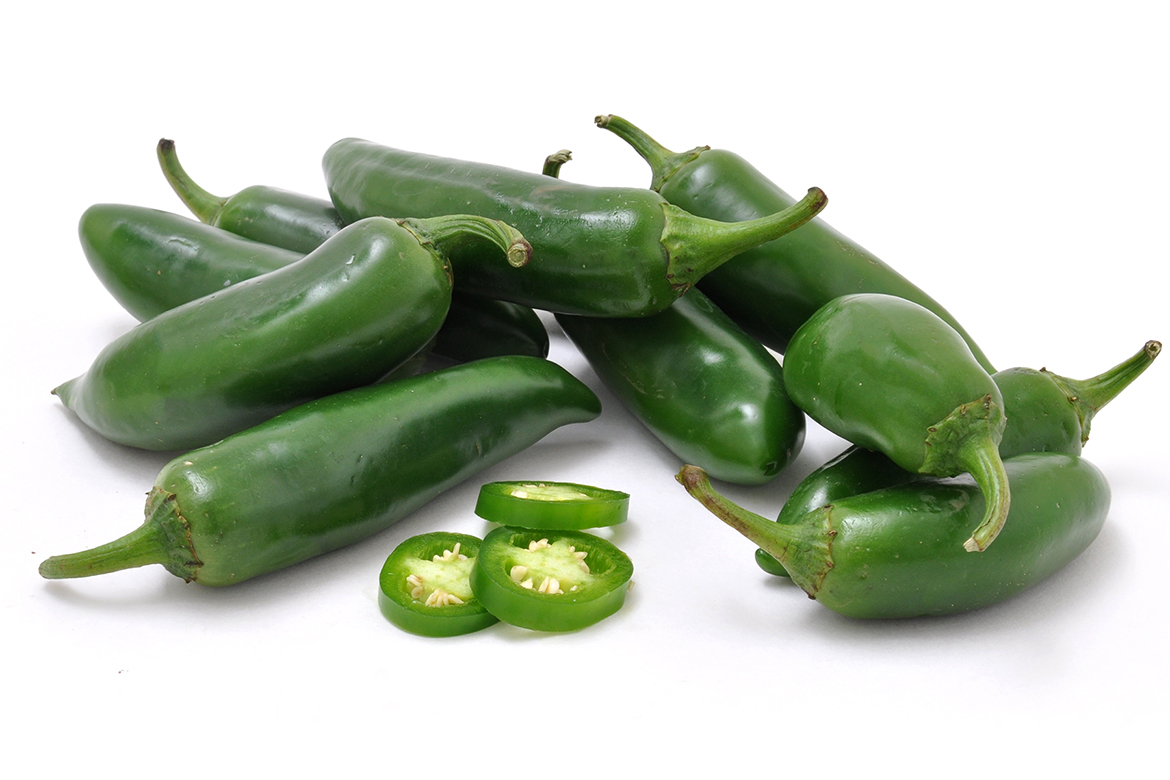 Jalapeno Chiles
Jalapeno Chiles
Whether you’re new to the world chiles or a chile-head, you probably know of jalapeno chiles. Jalapenos are among one of the most commonly and popular chiles in the United States. Although some may consider them very spicy, they actually fall in the mild to hot range at 3,500 to 11,000 SHU. Most people cultivate and use them while they’re still green-colored. However, some allow them to ripen into red jalapenos, which have a sweeter flavor and are smoked to make chipotles. Green jalapenos have a grassy vegetable flavor and a heat level that most can appreciate–hot enough to give dishes a kick but not enough to set anyone’s taste buds on fire. You can find jalapenos in all kinds of cuisines from Latin to Tex-Mex to Thai and more. Add them fresh to soups, stews and dips or roast and stuff with meats and cheeses.
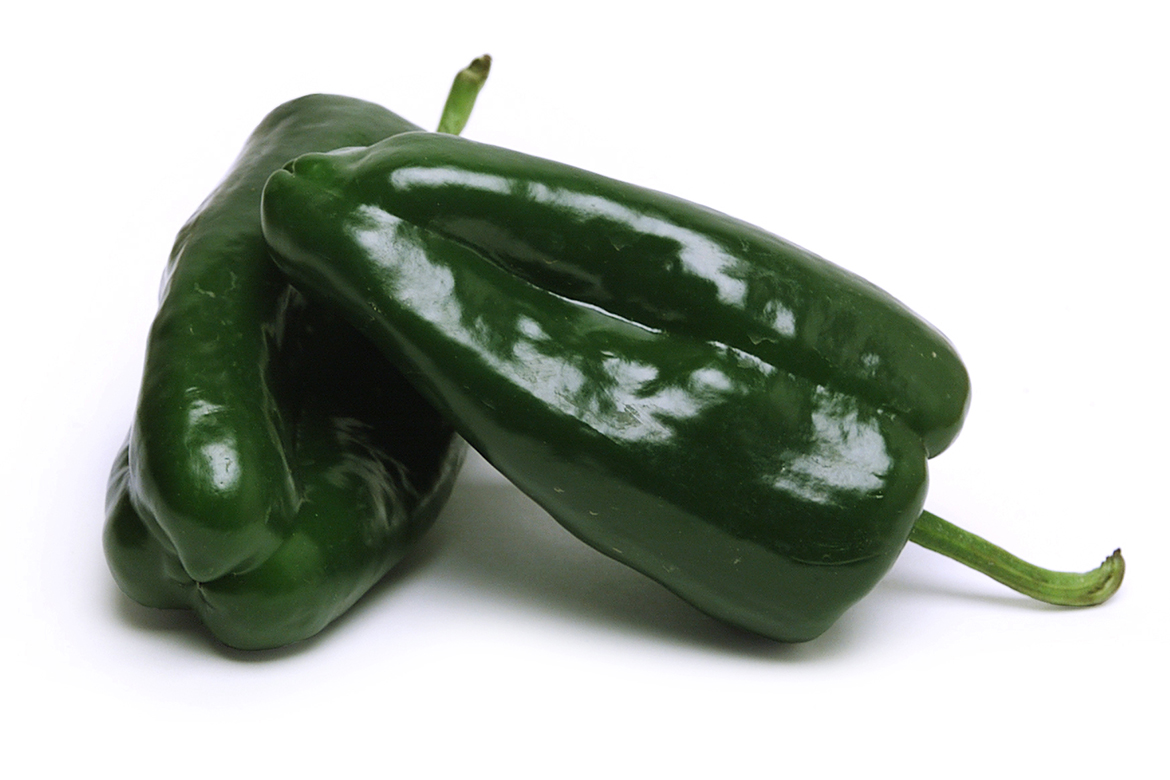 Pasilla (Poblano) Chiles
Pasilla (Poblano) Chiles
The Pasilla chile, also known as the Poblano, is one of the most popular chiles in Mexico. You can find them in a multitude of Latin dishes with chile rellenos the most iconic among them. These are one of the larger chiles in the world of chiles. Their thick walls make them ideal for stuffing as they will hold their shape wonderfully in the oven. Although not very hot at 1,000 to 1,500 SHU, this chile has one of the most complex flavors in the mild to medium heat category. It has a smokey, earthy, savory yet sweet taste you won’t find in other chiles. However, make sure to roast them to maximize their potential. That’s where they will truly shine. From there, you can not only stuff them with your favorite fillings but also incorporate them into your favorite mole, salsas and other sauces.
Padron Chiles
If you want play chile pepper roulette, Padron chiles are your friend. Padron chiles are usually mild in flavor at 100 to 1,000 SHU, similar to Anaheim chiles. About ninety percent of Padron chiles will be mild. However, the last ten percent will hit you with an unexpected punch of heat. That means about one in ten peppers will be hot. Hailing all the way from Galicia, Spain, Padron chiles are quite small in size with thin skins and people sometimes mistaken them for Shishito peppers. They have a sweet, nutty, peppery and slightly grassy flavor. You can find them as a popular finger food in traditional Spanish kitchens where chefs fry them up in hot oil and serve with sea salt as a tapas dish. They are also great for stuffing with cheeses and incorporating into sandwiches and pizzas.
Scotch Bonnet Peppers
When it comes to chiles, Scotch Bonnet Peppers really turn up the heat. A true treasure of the Caribbean, these peppers have a reputation of being one of the hottest in the world at 100,000 to 350,000 SHU! How’s that for a fiery punch of heat? They are closely related to the Habanero pepper and are even similar in flavor, texture and heat. However, they’re a little more fruity and sweet with a smokey flavor and floral aroma. The sweet-heat flavor of Scotch Bonnets combine beautifully with a variety of fruits such as mangoes, tomatoes and papayas. They’re much favored in traditional Jamaican flavorings such as jerk seasoning and meat marinades. However, you can find them in cuisines as far as West Africa. These peppers are also incredibly popular in hot sauces all around the world.
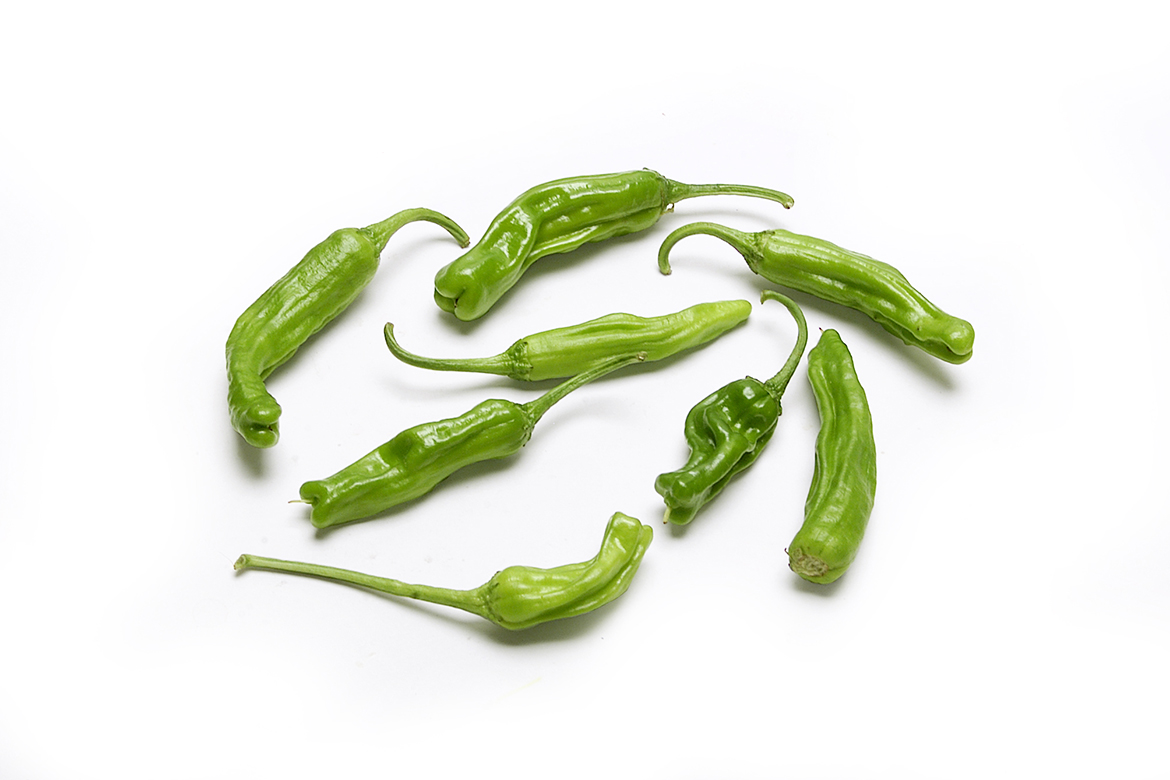 Shishito Peppers
Shishito Peppers
Upon first glance, you may notice that Shishito Peppers sort of resemble Padron Chiles. Similar in size at about 2 to 4 inches long, Shishitos also share the same slender green skin. However, Shishitos are a little longer and more wrinkled, twisted and bumpy. Furthermore, they have a bright, slightly sweeter and subtly fruiter flavor than Padron chiles, which tend to taste earthier. These chiles are mild in flavor at about 100 to 1,000 SHU, although you may occasionally happen upon a hot one in the bunch. They are popular in Japanese cuisine where chefs roast and toss them with sesame oil and a dash of soy sauce. Or you can cook them as you would Padron chiles by either pan-frying them in oil. Once the skins are nicely charred and blistered, toss them with coarse sea salt.
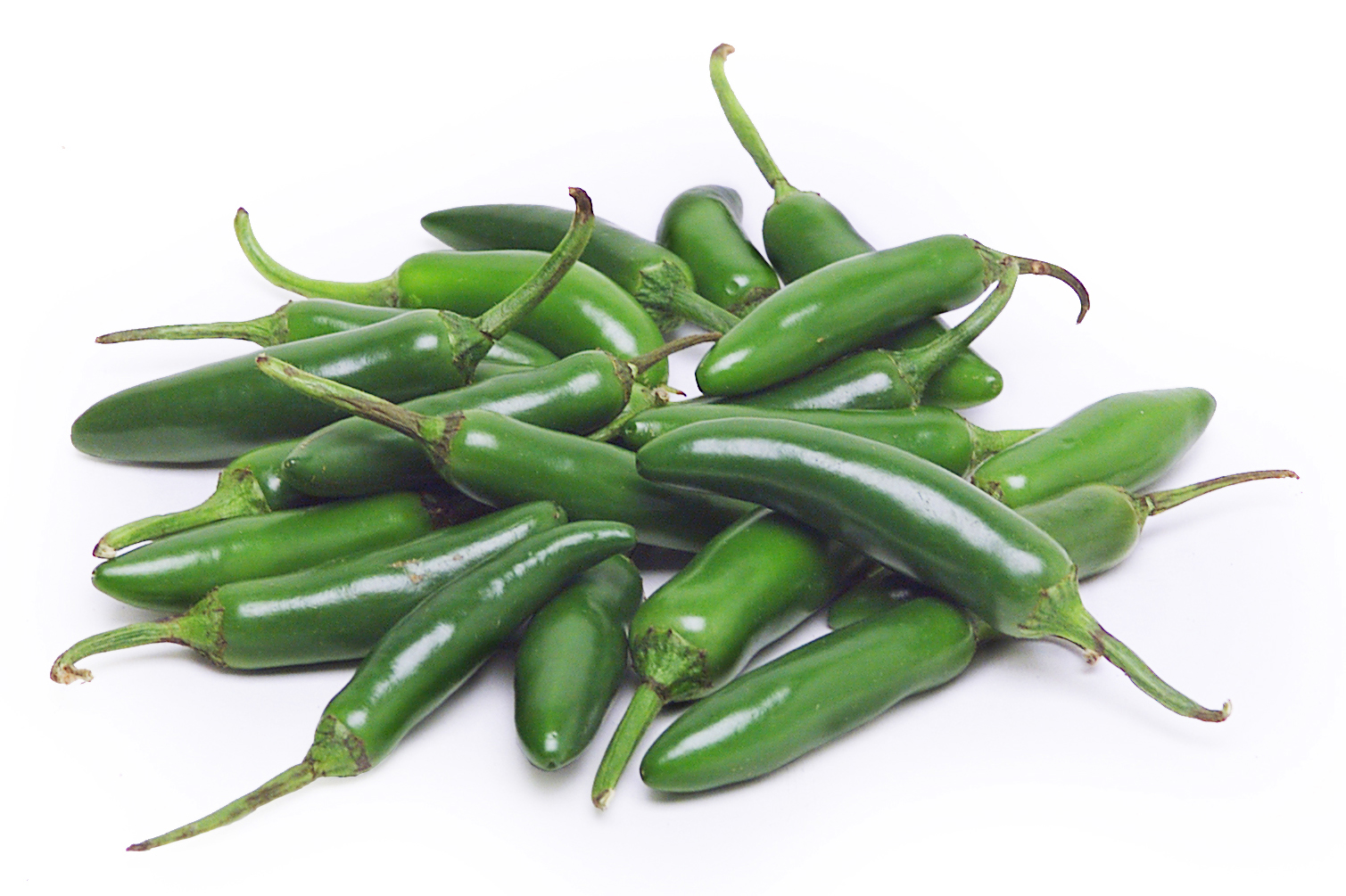 Serrano Chiles
Serrano Chiles
If you like more heat beyond your basic jalapeno pepper, look no further than Serrano chiles. Serranos dial up the heat a notch at 10,000 to 25,000 SHU which puts them in the hot to very hot category. These chiles range in color from light to dark green and become more vibrant and red as they ripen. Although they sort of resemble jalapenos in shape, they are smaller. They have a pleasant acidity and bright herbal flavor with a sudden, intense bite that doesn’t linger on the palette. Serrano chiles are the choice of many chefs and home cooks alike in a variety of dishes such as guacamole, salsas and pico de gallo. In fact, they are one of the most popular hot chile peppers you can commonly find.
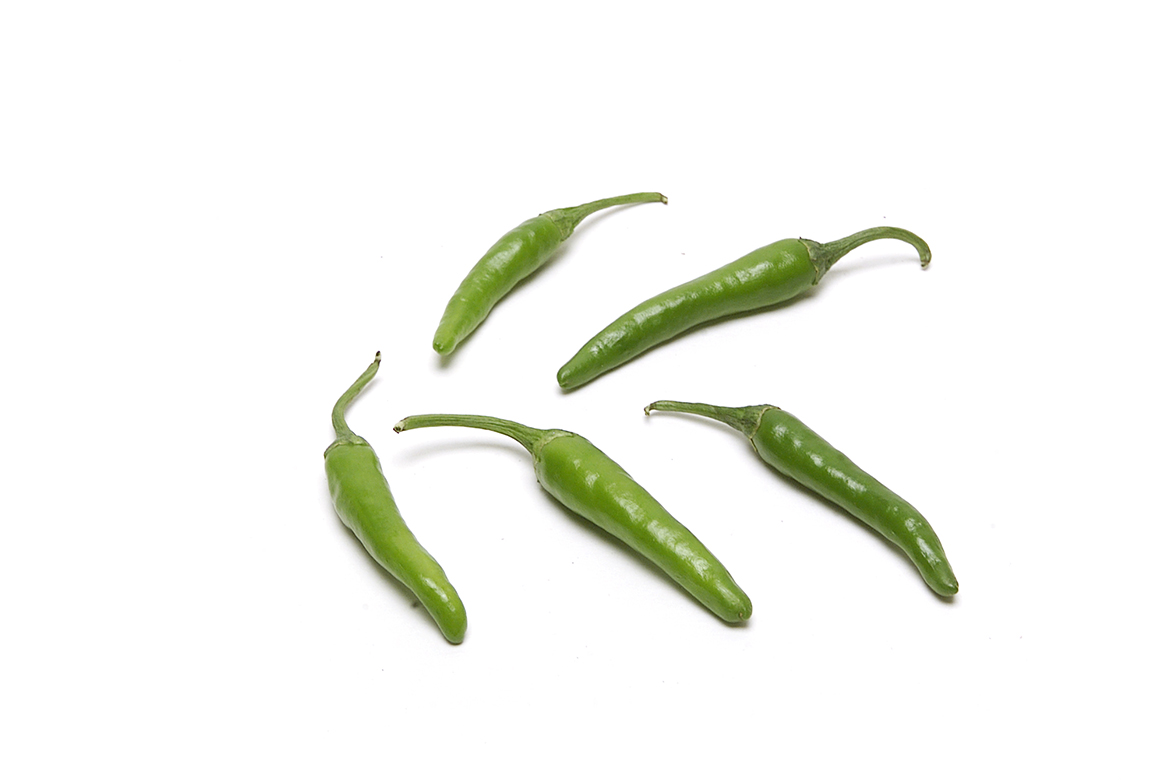 Thai Chiles
Thai Chiles
Don’t judge this small, slender chile by its size. Thai chiles can pack some serious punch and blazing heat. At 50,000 to 100,000 SHU, which is about 20 times hotter than a jalapeno, this chile is not for the faint of heart (or palette). Unlike the heat of Serrano chiles which hit you immediately, Thai chiles have a heat that sneaks up on you and builds as you eat. In addition, the heat continues to linger even after you stop eating. However, this doesn’t stop these chiles from their popularity in Southeast Asian cuisine including both Thai and Indian. When used sparingly, Thai chiles can enhance and impart some incredible flavor to curries, soups, salads, stir-fries and more.
Recipe Ideas
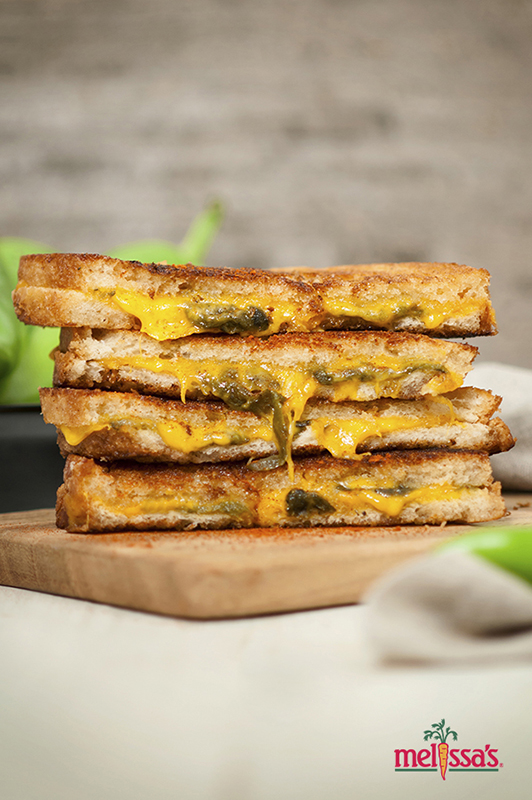
Hatch Chile Grilled Cheese Sandwich
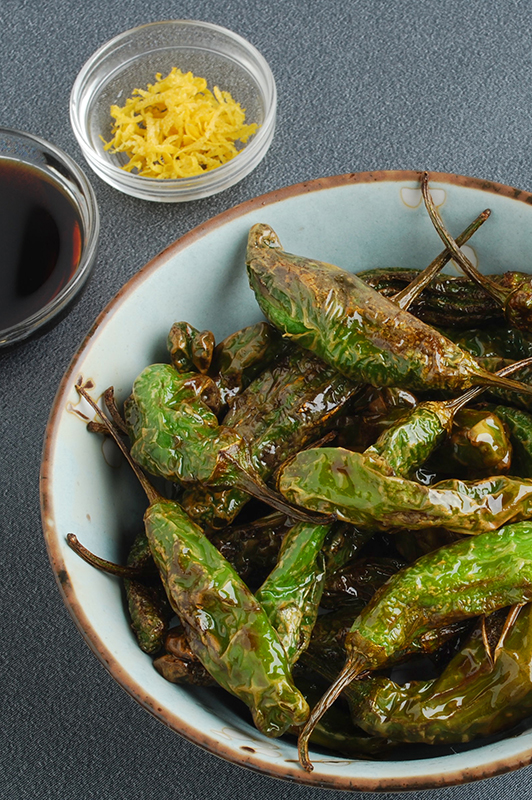
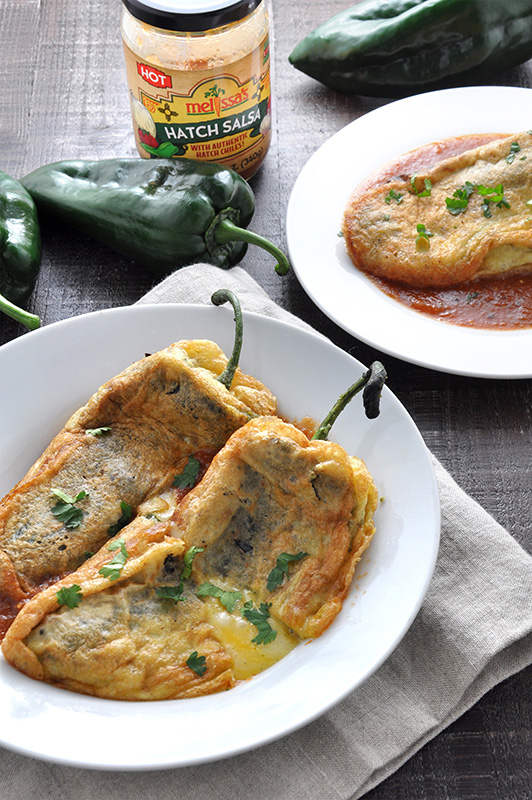
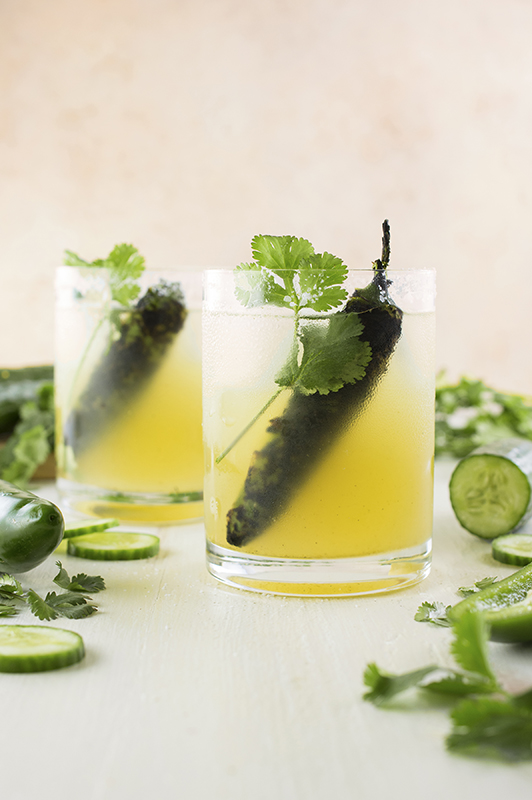
Roasted Jalapeno and Cucumber Margarita
Which varieties are your favorites in this chile pepper guide? Which chiles are you most interested in? Share with us your favorite recipes and tips!

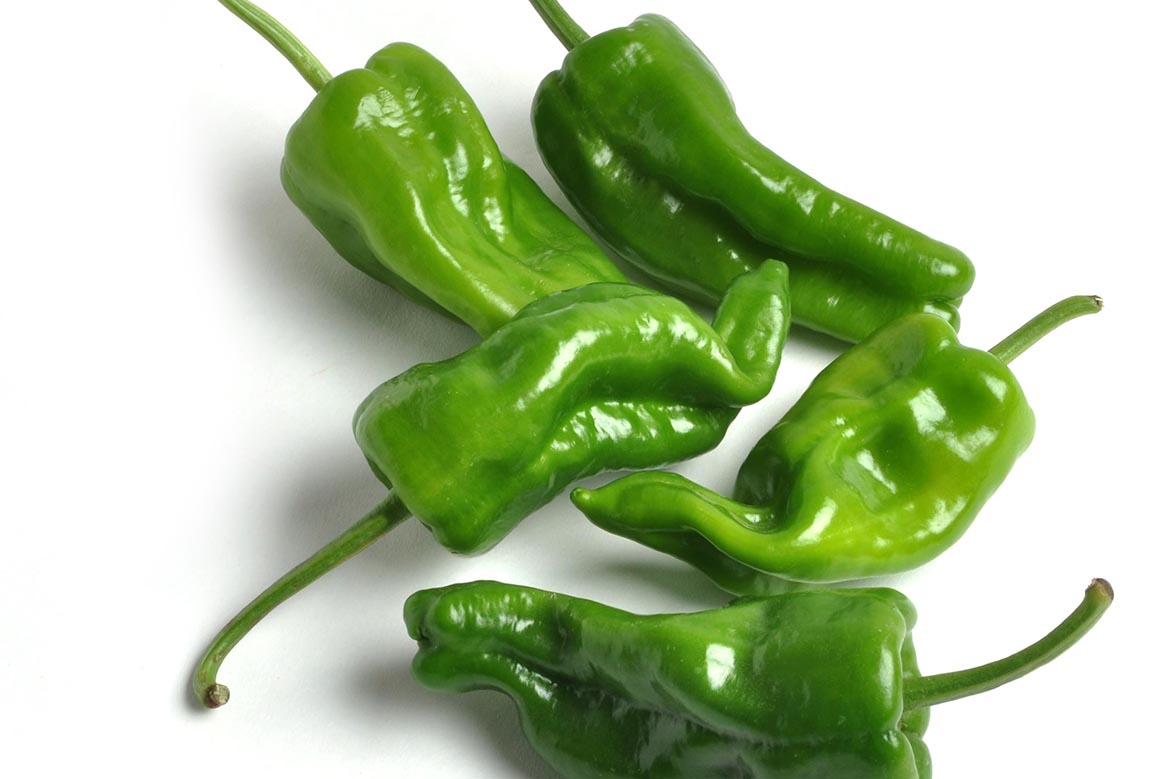
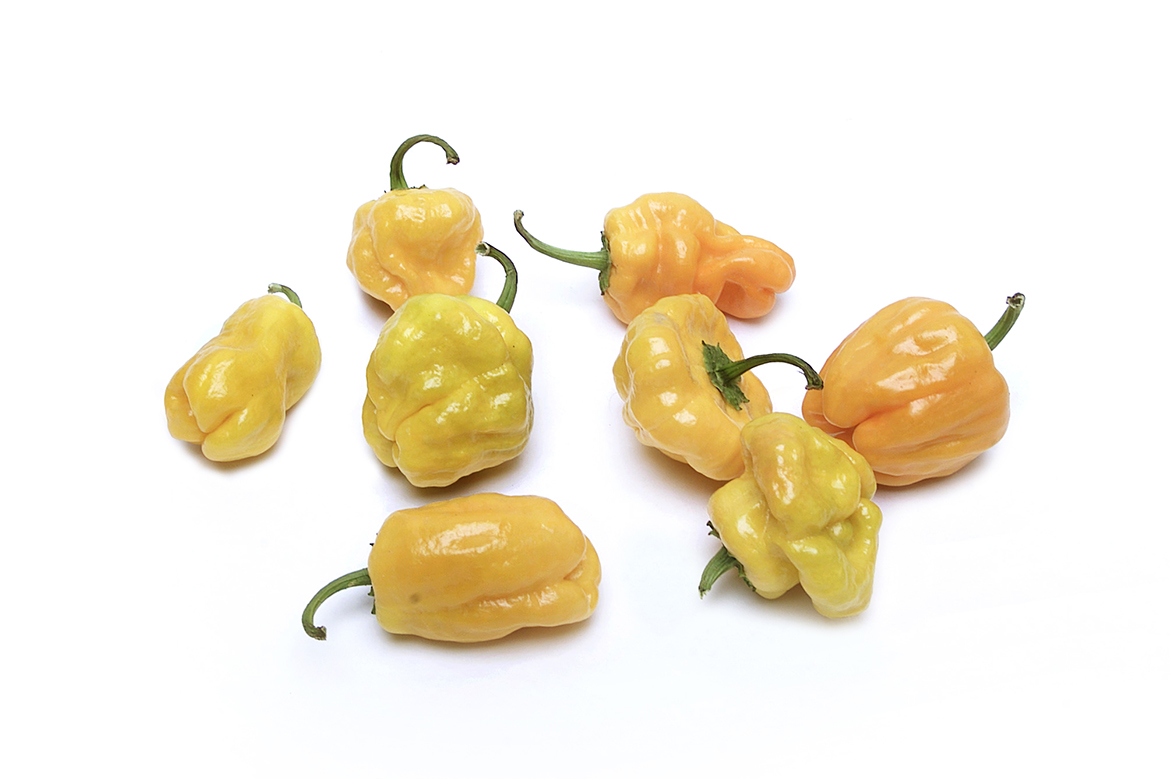
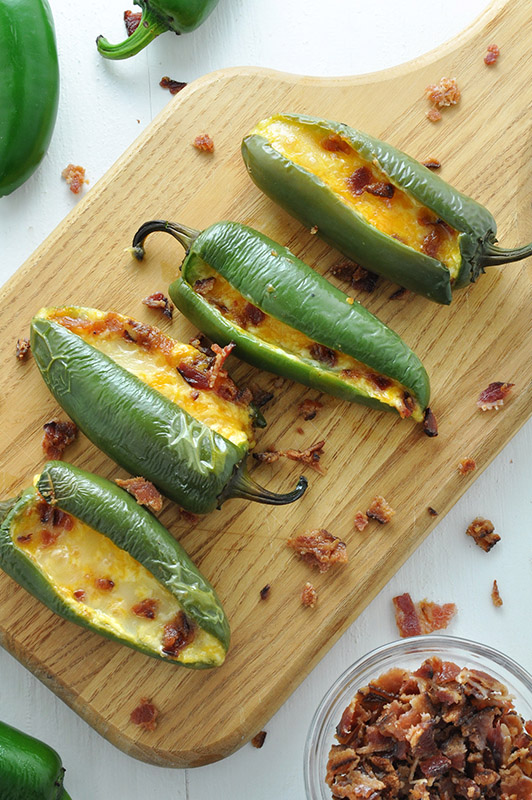 Jalapeno Poppers
Jalapeno Poppers